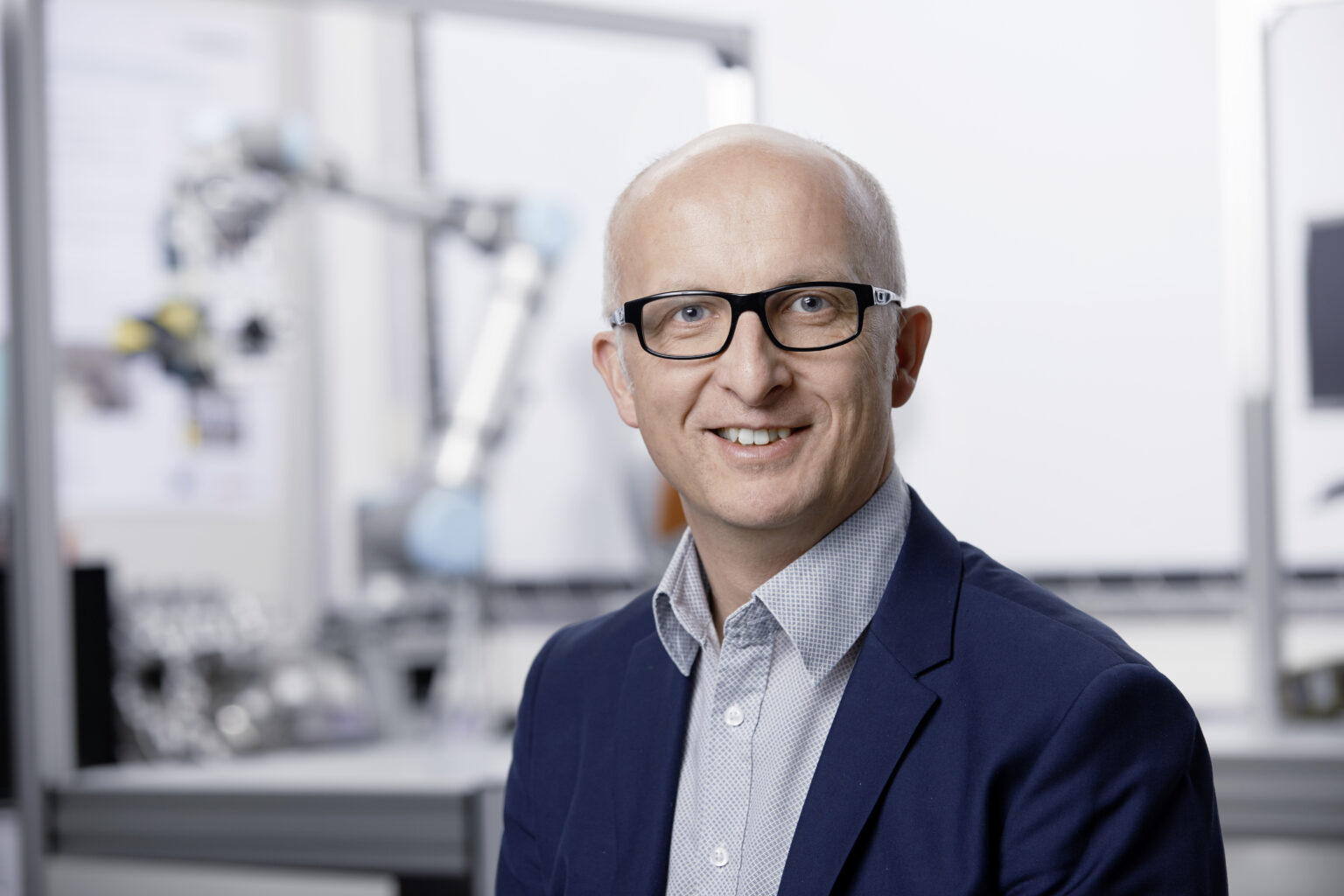Microfluidics deals with the behaviour, precise control and manipulation of fluids that are geometrically constrained to a small, typically sub-millimeter, scale at which capillary penetration governs mass transport. The benefits of miniaturization in biotechnology and biomedical applications are ranging from small volume requirements and reduced costs, parallelization of measurements and faster assays, to batch fabrication and higher data reliability, besides others. Methods in nanotechnology, prototyping and the integration of functional elements as well as macro- to nanofeatures into one single device are very difficult, time consuming and expensive to realize with state-of-the-art fabrication techniques. Furthermore, a lot of complex processing steps are necessary besides high-level knowledge and expert skills from different disciplines. On top of these technical challenges, there is an existing great divide between novel microfluidic concepts/ideas and the final translation to commercial markets/ applications. The vision of AquaNOSE is to close the gap between conceptual ideas in nanotechnology and production for the commercial microfluidic microelectromechanical systems (µf-MEMS) market to foster novel products.
The main goals of the AquaNOSE project are thus (1) to develop a production process for µf-MEMS based on a combination of injection molding, integrated circuit fabrication and additive manufacturing on the nano-level. This includes inkjet printing, lithographic methods like nanoimprint lithography and molecularly imprinting of polymers. AquaNOSE aims to provide a fast and cost-effective manufacturing process by utilizing material and process development for industrial application. Furthermore, AquaNOSE will (2) demonstrate the capability to produce nano-enabled µf-MEMS via the proposed approaches with a use case from bioscience and biotechnology. The production processes will be setup in an industrial environment. The use case function will be evaluated via a field test at an Austrian pharma company.
Project name:
Fabrication of multi analyte nanosensors for biological targets
Funding:
Produktion der Zukunft
Duration:
04.2018 – 03.2021


